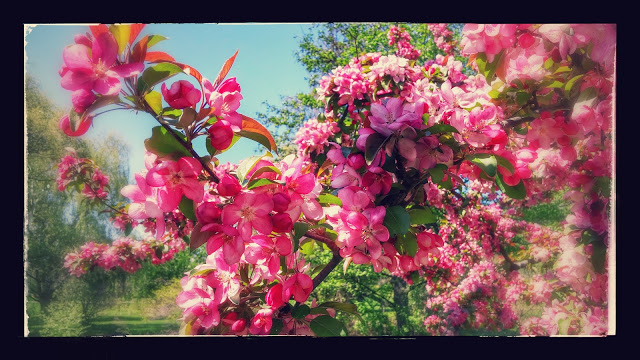The Runner: A Study in Being

This is the first post in a series entitled “The Runner.” I will be releasing a new post in the series each week, reflecting on a different aspect of running or reflection to which running can lead us.
Why running? A couple months ago, I began running. Although I had run before, of course, I had never done so regularly. As the act of running grew to become part of my routine, despite inevitable ebb and flow, I was surprised and moved by all that this seemingly simple pursuit can do, not just for the body but for the mind and soul too. This series is written not only for people who run. It is not even only for people who exercise. It is just for people. Running reveals deep truths about the human person, truths that can be shared and experienced by runners and non-runners alike.








